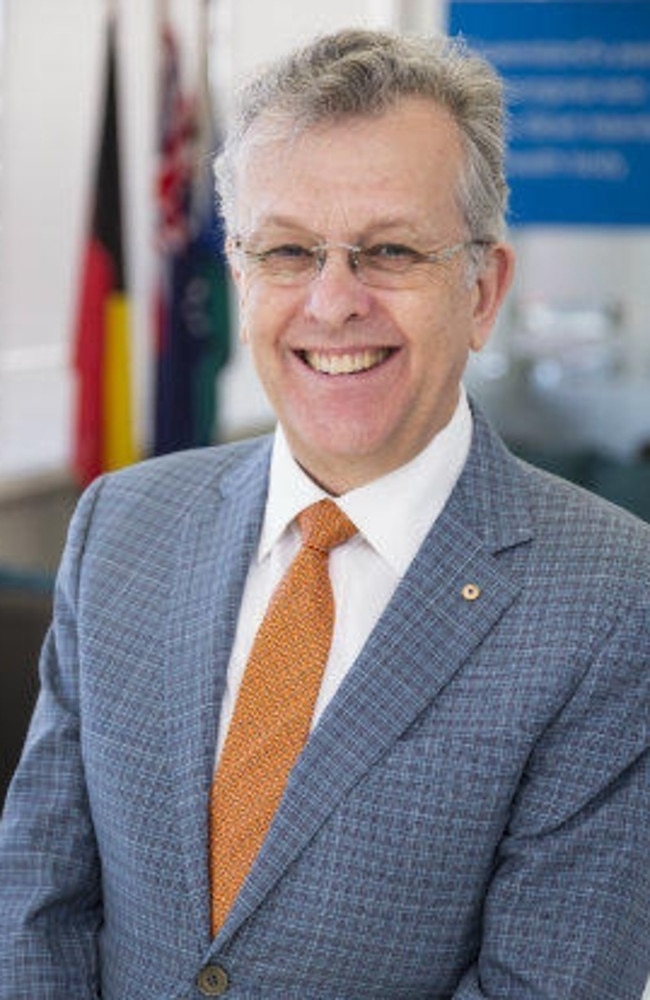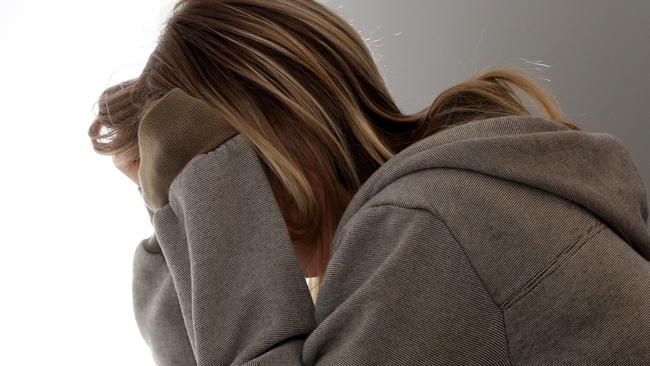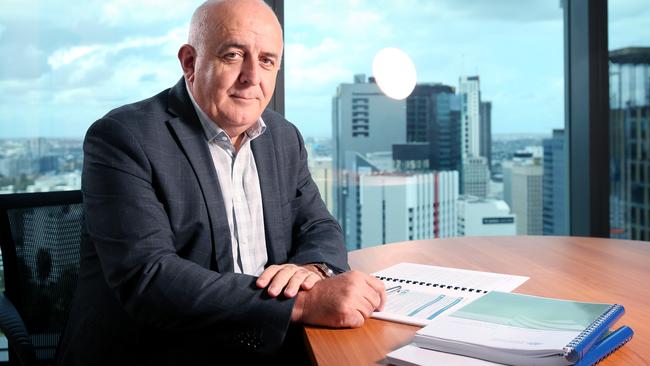Qld mental health system on brink, vulnerable people falling through cracks
Queenslanders suffering mental health issues are at risk of self-harm and suicide as they endure long waits for help in a system staffed by overwhelmed clinicians and hamstrung by funding shortfalls of hundreds of millions of dollars every year.
QLD News
Don't miss out on the headlines from QLD News. Followed categories will be added to My News.
Adults in crisis are waiting a year to see overwhelmed clinicians while children are waiting up to 18 months, increasing the risk of self-harm and suicide as people are left to fall through the cracks of Queensland’s fractured mental health system.
Queensland’s emergency departments have had almost 66,000 mental health presentations in a year – the second highest in the country behind NSW – and there has been a shocking 44 per cent rise in children aged 0-4 attending with mental health-related problems.
Mental health professionals in the public system are spending only a quarter of their time seeing patients, while the rate of ambulance attendances per 100,000 population in Queensland in 2020 for suicidal ideation was 130.9 – the highest in the country.
Royal Australian and New Zealand College of Psychiatrists Queensland chair Professor Brett Emmerson said Covid had “taken a system near the brink and pushed it over” and “services are now to the point where they don’t function”.
“Services are on the brink, people are not getting the treatment they need and the longer it goes on the more chronic people become,” Professor Emmerson said.

“The (state) government has been unwilling to commit any money to mental health.”
Queensland’s Mental Health Commissioner Ivan Frkovic said the average wait for a private psychologist was six months “because books are full”.
But a child psychiatrist or specialist paediatrician could take up to 18 months because there were so few trained.
“Even if you’ve got private health insurance or you’ve got the capacity to pay, you’re still going to struggle to get in,” Mr Frkovic said.
People could seek help at a Headspace in the meantime, but there is a wait of up to three months there too, he said.
AMA Queensland president Professor Chris Perry said long wait times were worsening the possibility of self harm.
“If an adolescent is threatening suicide you can’t get into an adolescent psychologist in under four months, and that is a lot of time they can do themselves harm in,” he said.
Experts say inadequate state and federal funding, a shortage of trained professionals, low Medicare rebates, a lack of preventive care and choked-up emergency departments are all contributing to a mental health crisis.

Meanwhile, mental health professionals in Queensland’s public system are spending only a quarter of their time seeing patients, with the rest of their time “with reams of paperwork”, according to a Productivity Commission probe.
The Courier-Mail today launches a campaign supporting calls for a broadscale review of services by Queensland’s Mental Health Commission to develop a five-year plan to fix the problems, calls itself for a stand-alone mental health minister to elevate the issue for the Palaszczuk Government and demands funding injections from the state and Commonwealth.
Prof Emmerson said Queensland – Australia’s lowest funded jurisdiction per capita for mental health care – needed an injection from the state government of about $750m a year.
Experts say a review is needed to determine the Commonwealth shortfall, which experts want poured into services in the community to help millions of Queenslanders who are falling through the cracks, known as the “missing middle” because they are too sick for GP care and not sick enough for hospital care.
Prof Emmerson said Queensland needed more community-based staff, more alternative care like step-up, step-down and peer support services, more acute crisis teams looking after people at home, more forensic beds for prisoners to stop them being treated alongside public hospital patients and services for intellectually disabled people.
“There’s a need for more older people, younger people services, we need specialist peri-natal beds, we need specialist eating-disorder beds, the list goes on and on,” he said.
“We need more of everything.”
Mr Frkovic has given his support for 12-month systemic review and believes his Commission could lead it.
It should examine the Queensland public system, Commonwealth responsibilities in the private sector and those of non-government organisations, he said.
“What it would do is it would identify the gaps we have as a system both across public, private and NGO and then what it would also give is some clear insight, where do we need to start building new road, where the new investment could go … to get some of the outcomes we need,” Mr Frkovic.

However, the state and Commonwealth must both invest in the meantime, he said.
“Already, we know that we (Queensland) are the lowest per capita spending, it’s in the public domain,” he said.
“But more so, unless we get the Commonwealth Government to seriously invest in mental health, then I don’t think the states will cope.”
Health Minister Yvette D’Ath, who would need to call the review, did not respond to questions about expert calls for one.
Instead, she said she was working closely with all stakeholders, including the Mental Health Commissioner to deliver improved mental health services.
“Across government we’re investing $74.5 million in a Mental Health and Wellbeing Community Package, which is more important than ever as Covid impacts more people’s mental health,” she said.
She said the government was investing in important new facilities across Queensland like the $7 million Mental Health Crisis Stabilisation service at Robina Hospital and a new Mental Health Unit at Cairns Hospital and had expanded the successful Mental Health Co-responder Program into the regions, which diverts people who call for an ambulance from emergency departments.
“I’ve written to the Commonwealth asking for additional funding for additional mental health because we know that’s the key to better services,” she said.
And Deputy Premier Steven Miles addressed the issue at Monday’s Covid-19 media conference.
He said the State Government has been targeting the sector, and there had been an increase in “acute demand’ for mental health services.
“Some of the demand has been driven by a lack of primary and community care,’ he said.
Mr Miles said a lack of intervention was leading many people into crisis care.
“We remain concerned about community care, private care and speciality care,” he said.
Mr Miles said it was difficult to separate mental health services from other services because the two were integrated.


